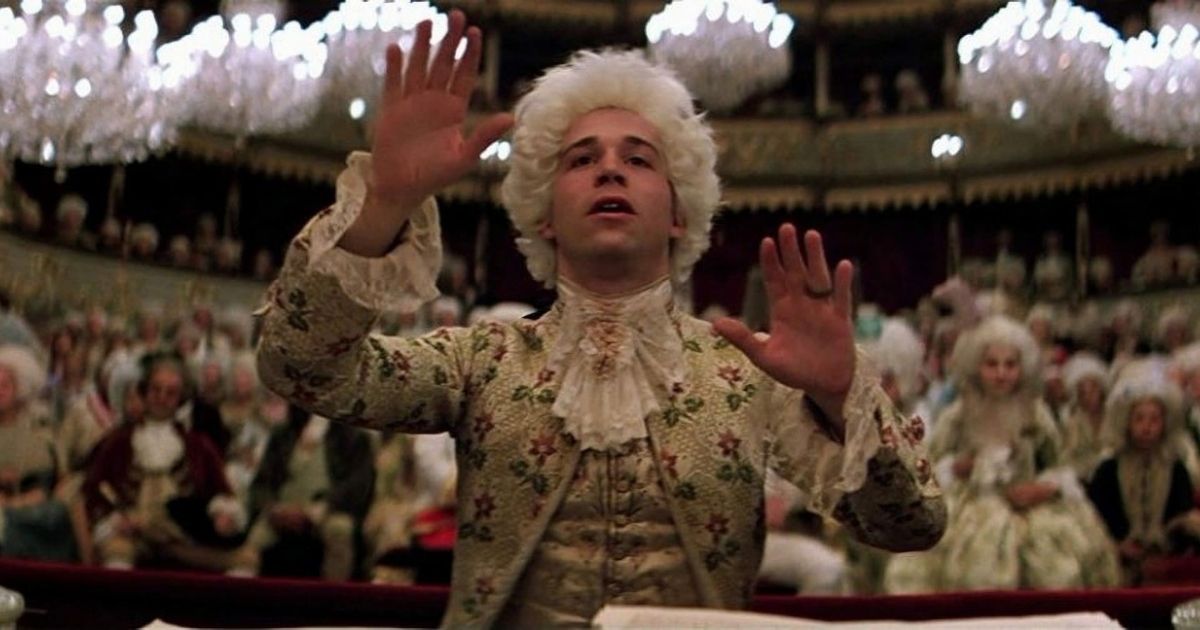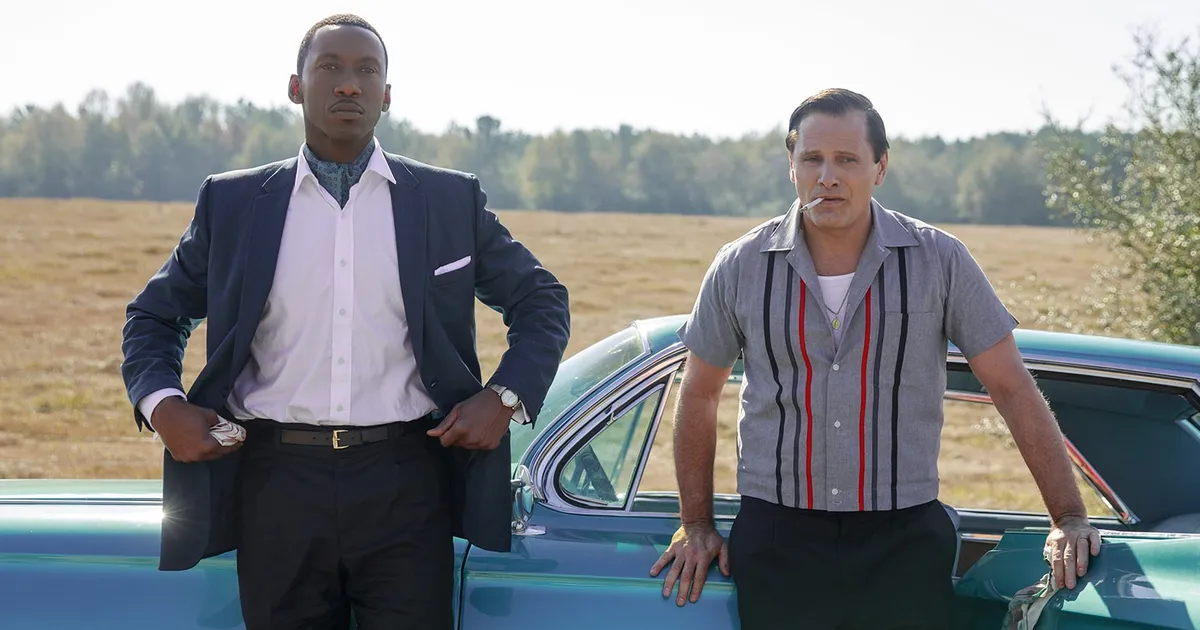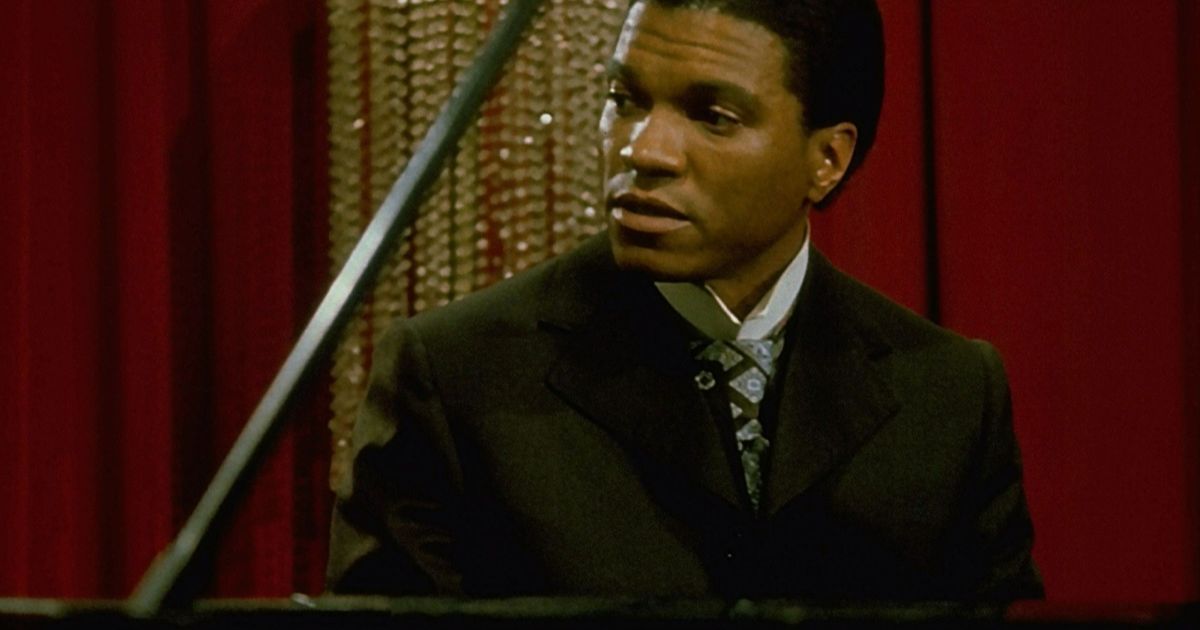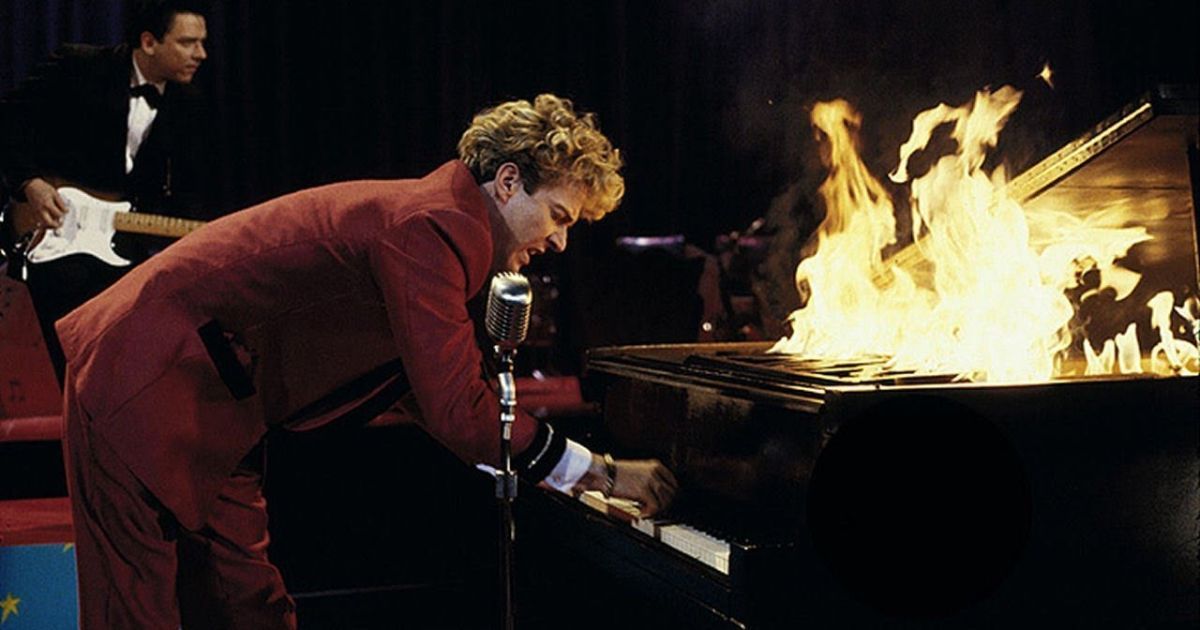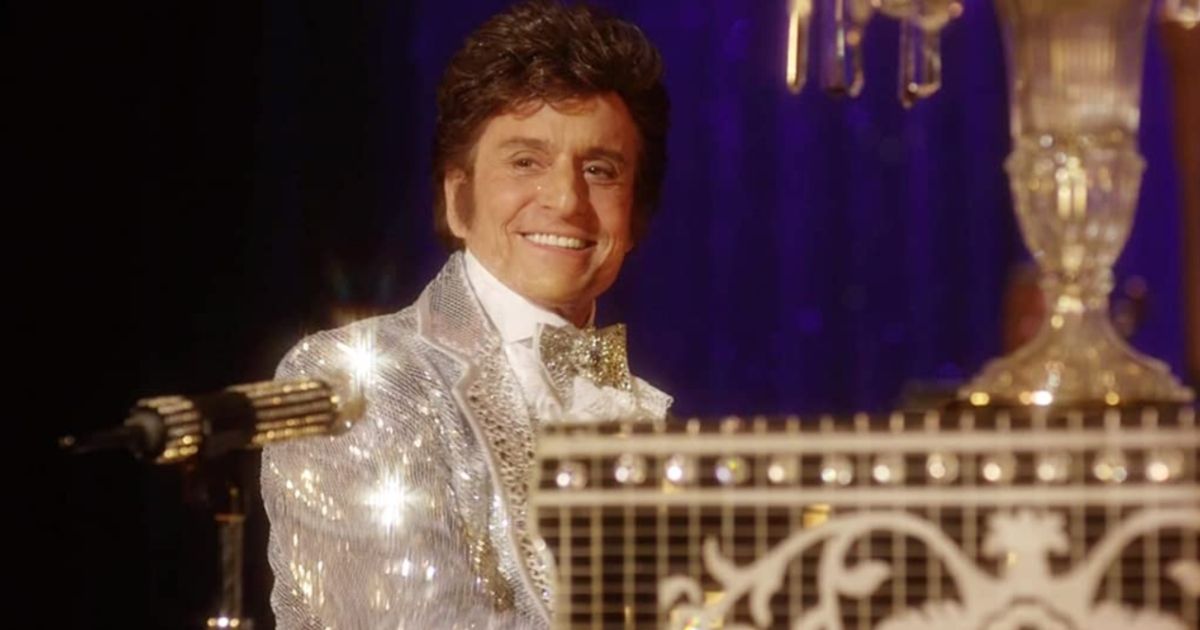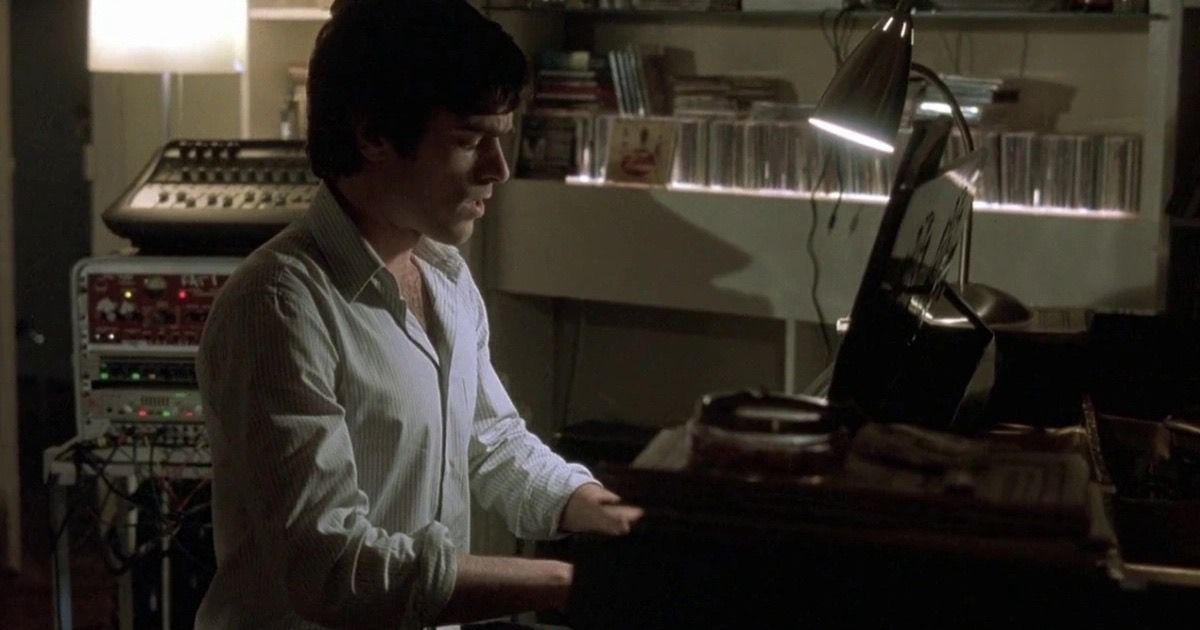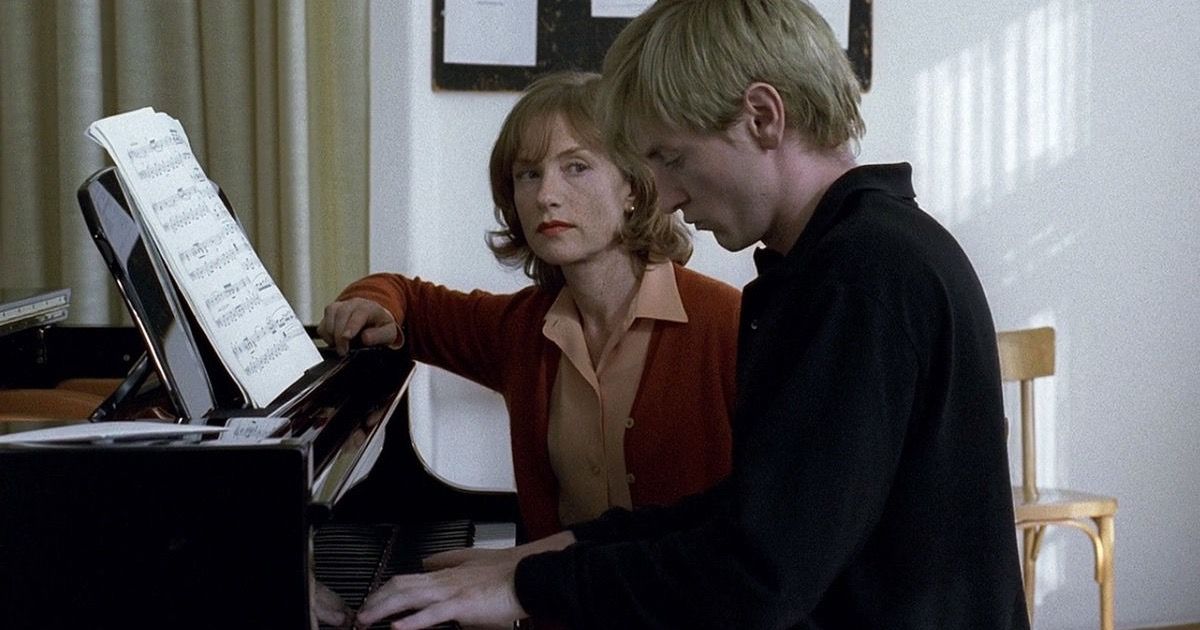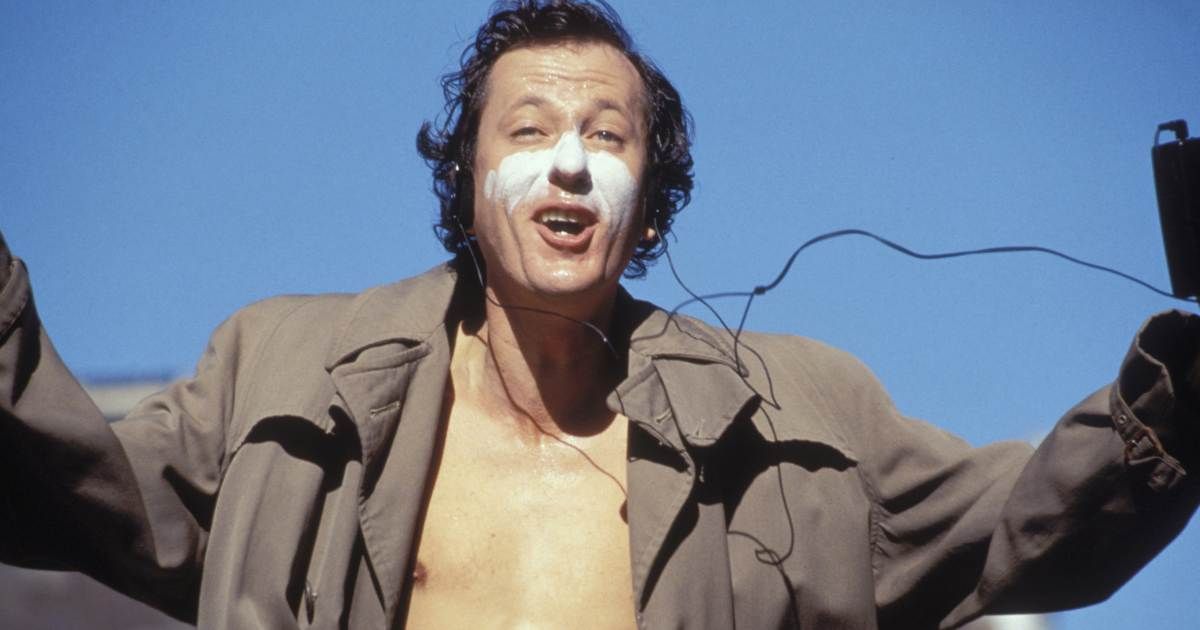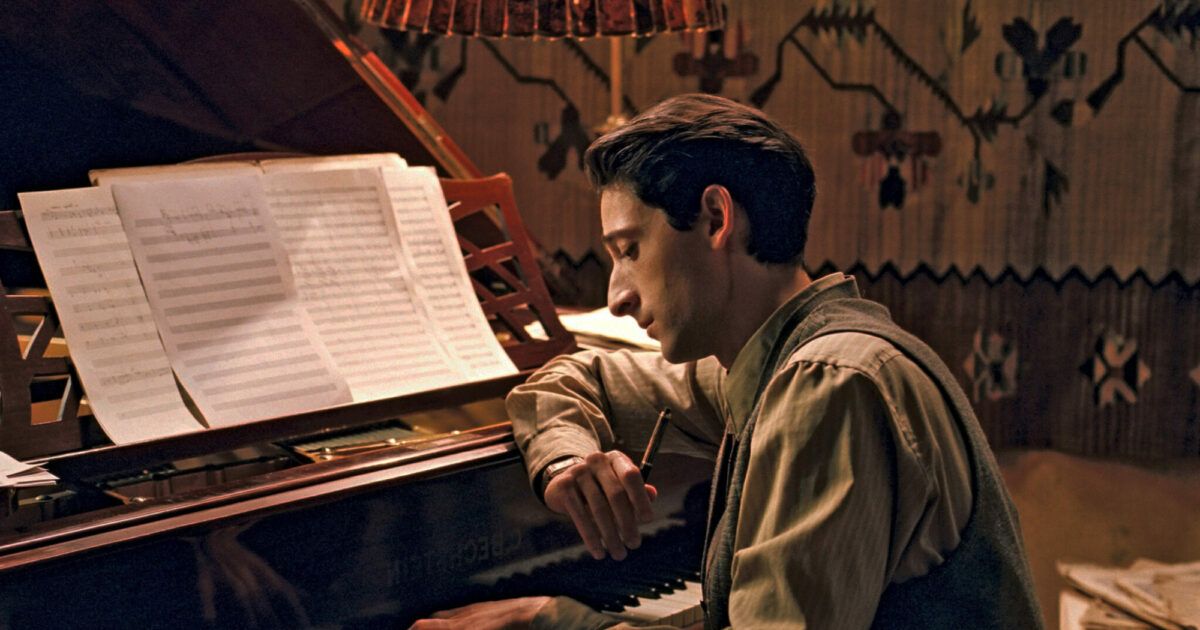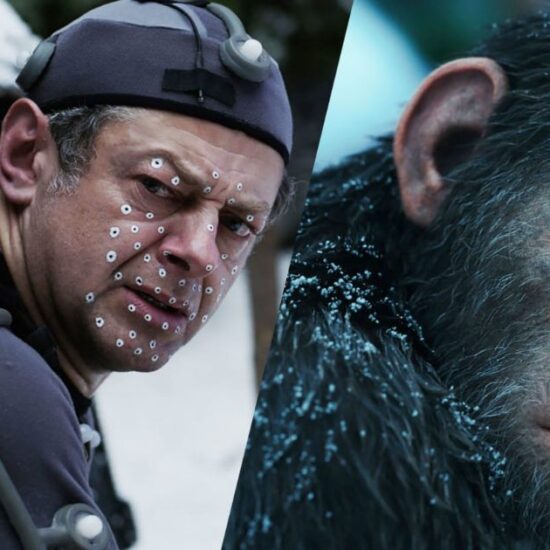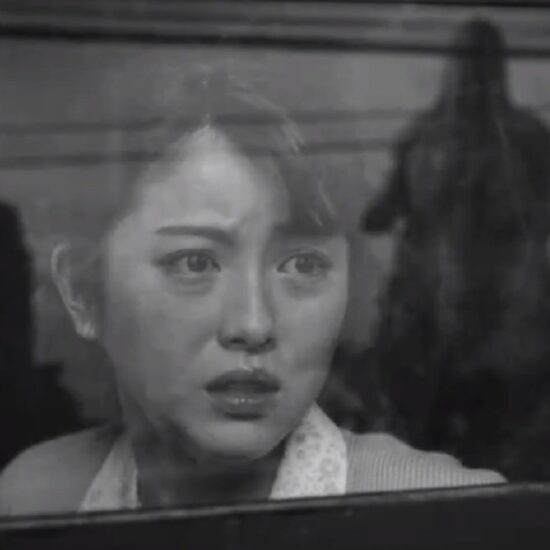It is long known how movies have the capacity to transport the audience to a whole new world. They act as a window to stories we are unaware of, stories that need sharing and people that deserve recognition. Perhaps the human experience and underlooked struggles are most alive in films about musicians. Music is an art that rattles you with the highest highs and drags you down to the lowest lows. And for those who have ever pressed the ivory keys and felt the sudden rush of a melody course through their veins, you know the passion and dedication it requires.
Movies about piano players are set in a rare world. Whether portraying famous composers and musical legends or shining light on unknown talents, these films know just how to find drama in the chords and cadences. Because in these stories, a keyboard isn’t just an instrument made of eighty-eight black and white keys, it is a gateway to expression, a companion in loneliness, and a way of making sense of this cruel, weird world. These movies showcase the most intimate struggles and triumphs of the artists and share the hope that lingers behind.
10 What Happened, Miss Simone? (2015)
Few debuts make it so big they get nominated for the Academy Award for Best Documentary. What Happened, Miss Simone? sheds light on the painful truth behind the haunting voice and unassuming piano melodies left behind by Nina Simone. Simone was drawn towards music since before she could understand its impact. Transitioning into adulthood as an artist tormented by the struggles of the Civil Rights era, she realized just how unfair the industry had been towards African-American musicians and redeemed herself through her music.
Simone refused to cage herself by society and expectations and was known to have walked away from her family and career at the height of her success. The documentary blends archival footage, unflinching interviews, and excerpts from Simone’s personal letters to tell the story of an artist who despite being a fierce fighter was sucked into the bouts of mental illness.
9 Amadeus (1984)
Even if you’re someone with little knowledge about music, you’ve heard of Mozart. His praise has continued to echo in theaters of history, legend, and music alike. But in 18th century Vienna, there was ample wiggle room for envy and petty rivalries. When the same seeped into music, it threatened to drown out the beauty of the art way before it was time. Amadeus traces the events that took place in the life of Wolfgang Amadeus Mozart after he was deemed as the greatest musician to ever exist through the eyes of court composer Antonio Salieri who had grounds to believe his genius was an assistance of God himself.
Mozart could all but conjure mesmerizing notes with sheer eyes, and Salieri was determined to destroy his source itself – even if it meant sabotaging the workings of heaven itself. Winner of 8 Academy Awards out of 11 nominations, this masterpiece by Miloš Forman has period detail as much as the madness of music.
8 Green Book (2018)
Dr. Don Shirley was an accomplished composer and jazz pianist, who was about to go on a concert tour through the Deep South in 1962. He’d had everything set up except for a driver and bodyguard. Shirley hires newly minted bouncer and low-level gang enforcer, Frank “Tony Lip” Vallelongo, for the job. Along the trip, an unlikely friendship blooms between the contrasting individuals. Shirley belong to a sophisticated world classical music and Tony has struggled with his narrow view of the world.
The namesake of the film is a book, a guide for African-American travelers they can use to find motels, gas stations, and eateries. Green Book is set in the 1960s, so naturally, there is a period aesthetic of segregated America that poses challenges bigger than one could imagine. It also features superb performances from Viggo Mortensen and Oscar winner Mahershala Ali while talking about a hopeful chapter in American history.
7 Scott Joplin (1977)
The jazz explosion began in the 20th century, but music still prevailed long before in the form of ragtime. The slow rhythms of the American South were ever so resonant in lavish dinners and motel bars. And the one voice that was heard even in the North was that of the King of Ragtime himself. Scott Joplin, almost single-handedly, elevated ragtime from the brothels of St. Louis to the opera houses of New York. However, his hopeful compositions disguised the struggles of a Black musical genius in a country thriving on white supremacy.
Directed by Jeremy Kagan, Scott Joplin is a low-budget biopic from the 70s that charts the early rise of Joplin as well as the very dramatic decline of his musical career. Billy Dee Williams portrays the artists with authenticity, and the film bursts with Joplin’s own music. Despite being behind in its production, the movie does feature an incredible score and details about the relentless pursuit of music.
6 Great Balls of Fire! (1989)
Before Jerry Lee Lewis was a rock and roll legend, he was a wild and free spirited piano player with a rare gift for setting the whole stage on fire. Great Balls of Fire! is a semi-fictionalized biopic based on the early life of this rock rebel. Before starting out, Lewis belonged to a dirt-poor Louisiana, listening his heart out to rollicking music. What follows is a controversial rise to fame and marriage to his 13-year-old cousin, all of which is portrayed in the movie quite brightly.
Lewis is played brilliantly by Dennis Quaid and the cousin by Winona Ryder. Quaid brings both a volatile mix of musical genius and an uncontrollable offstage madness to the character of Lewis, making it feel as alive as ever. Even though the movie was pointed out to have inaccurate details about the artist’s life, it is the way Quaid bashes the keys, sets pianos on fire, and angers the titans that truly rings with the ardent fans of rock and roll.
5 Behind the Candelabra (2013)
Coming from director Steven Sodenbergh, Behind the Candelabra is not just a movie about an acclaimed piano player. It is a tragic romance and a wicked social satire. An undisputed fact is that Liberace was the highest paid entertainer in the world. On stage and in the media, he was a flamboyant pianist and a fascinating showman with a stage style that would dazzle the audience. But beneath that persona was a man battling great personal loneliness.
The movie centers around the final decade of the artist’s life and his relationship with the young Scott Thorson. A product of foster homes and a fledgling musician, Thorson was instantly smitten by Liberace’s charm and lifestyle, and soon became his lover. Their love story plays out against the backdrop of ‘80s access and it shatters when Liberace takes other bedmates and keeps his affairs a secret. The best part about the movie are the award-winning performances by Michael Douglas and Matt Damon, the rich costumes and glittering set designs.
4 The Beat That My Heart Skipped (2005)
A proud achievement of French cinema, The Beat That My Heart Skipped follows the life of Thomas Seyr, a violent young man living a life filled with crime and cruelty. But Tom is exhausted from being the right-hand man to his father’s above average gangster and wishes to channel his inner artistic talents and follow his mother’s legacy. Under the guidance of Miao Lin, Tom studies piano and dreams of becoming a famous concert pianist.
But trouble follows Thomas everywhere he goes. From an uproarious affair with the wife of one of his companions to his violent past, the movie provides glimpses of a path beyond the haze of bars and bad decisions. With Roman Duris as the magnetic lead, this French remake of the 1978 American film Fingers is filled with a noir-like style, self-destructive grit, and music that redeems the soul.
3 The Piano Teacher (2001)
Not everyone’s cup of tea because of its unflinching premise, The Piano Teacher follows Erika Kohut, a professional piano teacher in her late 30s, taking lessons at the Conservatory in Vienna and living in obsessive solitude with her overbearing mother. Every part of Erika is in order and controlled. Except for the time she spends nurturing the chaotic turmoil within by frequently visiting porn cinemas and peepshows. She goes on about her life with this routine until one day, when she meets student Walter Klemmer, who is a talented young composer with a taste for excess.
Erika surrenders herself to his tactics of seduction and enters into an affair with him. Isabella Hupert delivers a stunning performance as a tormented woman looking to let her questionable desires flow in the form of games around dominance and submission. The movie has some of the most melodramatic piano pieces that come alive under Michael Haneke’s direction.
2 Shine (1996)
Like every artist climbing the ladders of fame and often falling deep down into the pits of darkness, David Helfgott’s story is one of musical genius. With a mind that threatened to shatter under the weight of its own gift, Helfgott suffered as a child because of his abusive father who would unleash his evil upon him and his siblings. But he was a prodigy destined for great things so he rose as a dramatic artist taking concert stages with perfection.
Shine centers around Helfgott’s journey to find the balance between his beautiful music and the broken mind that plays them. Enacted by Geoffrey Rush, the character drips with both brilliance and brittleness. And needless to say, the subtle direction and absolute focus on Helfgott’s madness is what drives the movie to massive heights. Ultimately, the movie is about how music hurts and heals, gives purpose and fractures the soul.
1 The Pianist (2002)
The Nazi invasion of Warsaw was a heart-rending event in history that affected not only innocents but also artists. In the light of the same events is the premise of The Pianist, in which Wladyslaw Szpilman’s life as an acclaimed Jewish pianist is shattered. He is sent to the ghetto along with his family. And there, he witnessed the horrors of the Holocaust as he played on, staying under the radar of his German captors but becoming a beacon of light for those around him.
The movie is a recollection of Szpilman’s memoir, and as tragic as it may be, it paints a moving picture of survival against all odds. Adrien Brody delivers a phenomenal performance as Szpilman, a man crushed under the weight of humanity and the unjust actions of the outside world. Moreover, the haunting piano melodies create a score that still acts as a powerful one. In a way, Szpilman’s piano becomes the one weapon he uses in the face of overwhelming conditions.






